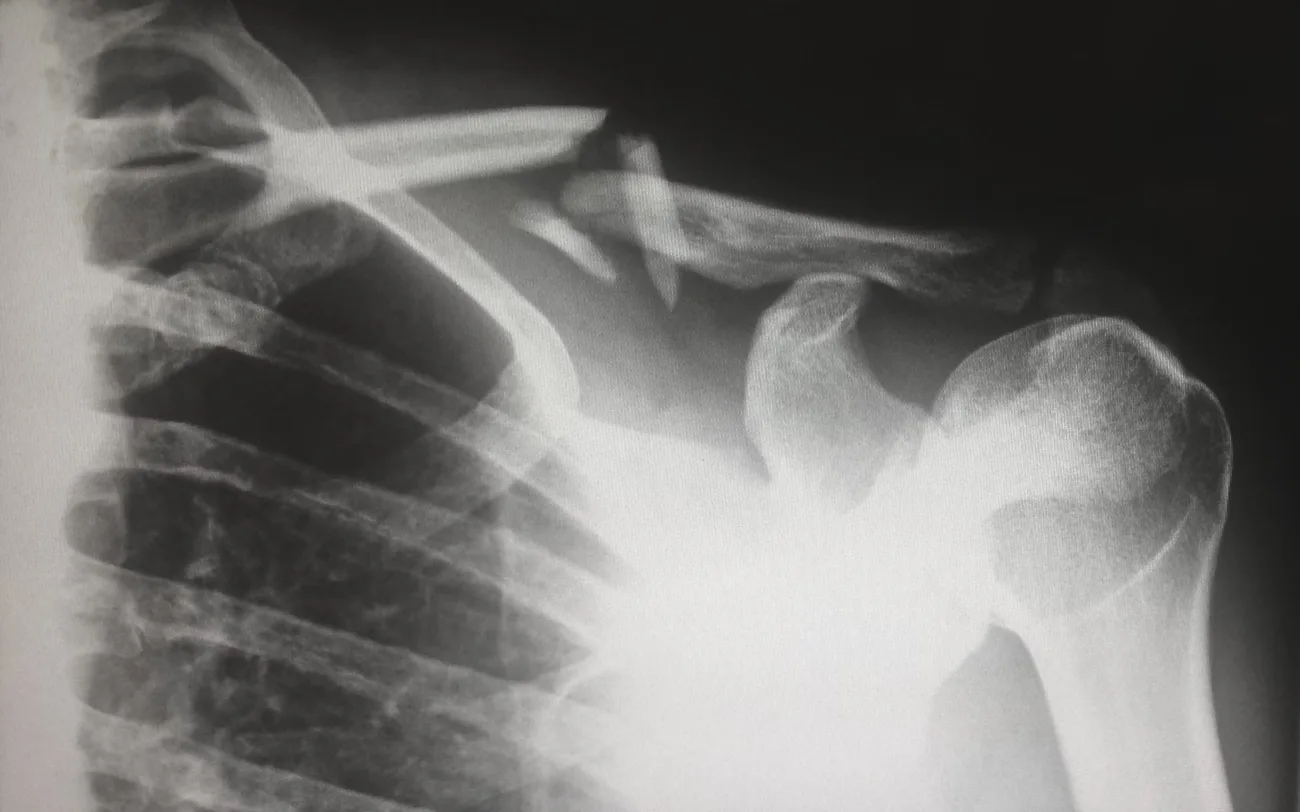4 minute read
A serious injury can drastically alter your life, creating specific challenges that can feel overwhelming. Whether it’s an accident, a fall, or a medical mishap, the aftermath often leaves individuals grappling with pain, emotional stress, and financial burdens. Understanding how to protect yourself, both medically and legally, during this vulnerable time is crucial for recovering efficiently and securing your future. Here are some essential tips to consider after experiencing a serious injury.

Prioritize Your Health and Recovery
Your health should be your primary concern immediately after an injury. Seek medical attention even if your injuries seem minor. Delayed symptoms can arise, particularly with injuries like concussions or fractures. Follow your doctor’s treatment plan closely, which might include medication, physical therapy, or follow-up appointments.
Actively participating in your recovery can expedite healing and prevent complications. It is imperative to document all medical visits and treatments as this information will be crucial for any legal actions you might consider later. Medical records serve as solid evidence of your injuries and can fortify your case if you pursue compensation.
Document Everything
Becoming familiar with your rights can empower you to take the necessary steps after your injury. In many cases, you are entitled to compensation for medical expenses, lost wages, and pain and suffering. Thus, thorough documentation is vital when it comes to protecting your legal rights. Keep a detailed account of your injuries, medical visits, treatment plans, and any related expenses. Take photographs of your injuries and maintain copies of all medical reports, bills, and correspondence with insurance companies. This information can be instrumental if you later decide to file a claim, as it provides tangible evidence of your situation.
Don’t Rush Back to Work and Focus on Recovery
After an injury, the desire to return to normal activities, especially work, can be strong. Nevertheless, it’s crucial to assess whether you’re genuinely ready to go back. Rushing this process can lead to further injuries or delays in healing. Consult with your healthcare provider about your readiness to work. They can provide documentation to your employer if further time off is necessary.
You should also keep a journal detailing your physical and emotional struggles, appointments, and medication schedules. Your personal records can effectively illustrate the impact of the injury on your life. This type of documentation might serve as key evidence should you need to file a claim or seek litigation in the future. Sharing this information with your attorney can help them understand the full extent of your suffering.
Reach Out for Legal Assistance
Understanding your rights following a serious injury can be complex. An experienced legal professional can help navigate the intricacies of personal injury law. Whether you were hurt in an accident, at work, or due to someone else’s negligence, a personal or brain injury attorney can assist in determining the steps to take. This includes gathering evidence, negotiating with insurance companies, and filing any necessary claims. They aim to ensure you receive the compensation you’re entitled to for your pain and suffering.
Maintain Open Communication with Your Support System
Dealing with a serious injury can take a toll on mental health, leading to feelings of isolation. It’s essential to communicate with family and friends about what you’re going through. Whether it’s through regular phone calls, texts, or in-person visits, sharing your experiences can provide emotional relief. Don’t hesitate to lean on your support network; it can make a significant difference in your recovery process.
Be Cautious About Social Media
Sharing your experiences online is tempting. However, be mindful of the information you share on social media platforms. Insurance companies often monitor claimants’ activities online. Even seemingly innocent posts can be misinterpreted and used against you in a legal context. To safeguard your case, it’s wise to limit your social media presence until your situation is resolved. Secure your privacy settings and think carefully before sharing any updates related to your recovery.
Consider Counseling or Therapy
Your injuries may go beyond the physical; psychological impacts can also emerge, including anxiety, depression, or PTSD. Engaging with a mental health professional can help navigate these challenges. Therapy can provide you with coping strategies and emotional support, aiding in a complete recovery. Don’t ignore the mental side of injury recovery, as it is just as important as the physical aspect.
Recovering from a serious injury is not just about healing the body. It encompasses protecting your rights, well-being, and future. By prioritizing your health and seeking the necessary support, you are taking proactive steps towards your recovery, ensuring that you navigate this challenging time with strength and resilience.




